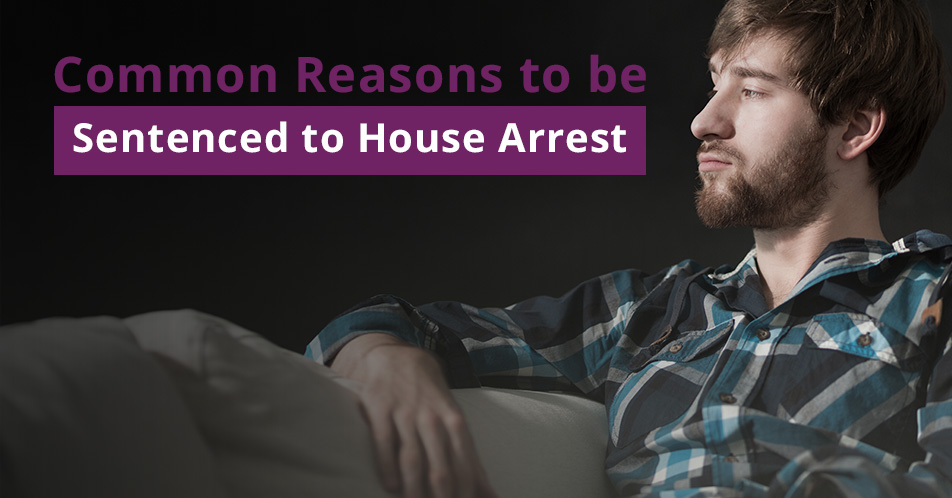
Common Reasons to be Sentenced to House Arrest
Written on October 6, 2017. Posted In Uncategorized
Criminal sentencing law varies from state to state. Even within the same state, there are different ways that courts deal out punishment for various crimes. In some cases, individuals who plead or are found guilty can be sentenced to house arrest. That is a far different experience than going to jail and is an outcome that many people actively seek when it becomes apparent that there will be some form of confinement required for an offense. The team at Free at Last Bail Bonds would like to offer the following information about what house arrest is, when it might be ordered and how to avoid breaking the rules associated with this form of punishment.
What Does House Arrest Mean?
Being sentenced to house arrest means that instead of going to jail for a period of time, the individual is allowed to serve out a sentence at their place of residence. That eliminates the risks of being in jail and makes the period of incarceration far easier to weather. That said, it is important to note that house arrest is still a form of punishment, and being confined in your own home will wear thin after time passes.
What Kinds of Crimes are Eligible for House Arrest?
House arrest is usually reserved for individuals who pose little risk of public harm while under their sentence. Young people with no criminal record have a good chance of house arrest, as do older people with health issues that would make incarceration in jail a cruel and unusual punishment for their crime. First-time offenders and individuals with a strong employment history usually qualify for house arrest too. The types of offenses that lead to house arrest vary, but are usually minor. Examples include driving while intoxicated and many white-collar crimes, such as fraud or embezzlement. Some sexual offenders are also sentenced to house arrest, depending on the severity of their offense.
How Long Does House Arrest Last?
The length of the sentence will be left up to the court and varies according to the type of crime involved. It should be noted that there are some forms of house arrest that permit the individual to leave their home for certain purposes. For example, it may be possible to leave for medical appointments, meetings with attorneys, to meet community service obligations or to attend classes. In many cases, the person can also leave the physical structure to get some fresh air, as long as they remain in the yard or within a certain radius of the home.
People sentenced to house arrest should understand that they must carefully adhere to the rules set forth by the court. Violating those rules can lead to a shift from house arrest to incarceration in a jail facility, with no credit given for the time served at home. That can be a big setback and is an outcome that should be avoided.
For those who are facing criminal charges and are in need of bail services, the team at Free at Last Bail Bonds is always here to assist.

